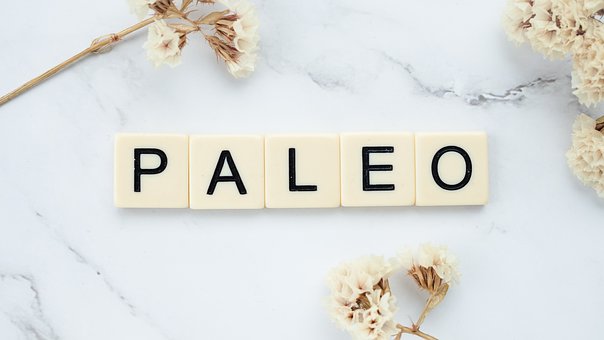How the Paleo Diet Can Help Improve Digestion and Reduce Inflammation

How the Paleo Diet Can Help Improve Digestion and Reduce Inflammation
The Paleo diet, also known as the "caveman diet," is a type of diet that offers a wide range of health benefits. It is a popular diet among people because of its potential to improve digestion and reduce inflammation. The diet is based on eating foods that our ancient ancestors would have eaten during the Paleolithic era, approximately 2.5 million to 10,000 years ago. This way of eating can have numerous health benefits, including improved digestion and reduced inflammation.
In this article, we will explore how the Paleo diet can help improve digestion and reduce inflammation and provide some tips on adopting this way of eating.
What is the Paleo diet?
The Paleo diet is based on the idea that our bodies are designed to eat a certain way as our ancestors did. The diet consists of foods available during the Paleolithic era, such as:
- Meat
- Fish
- Vegetables
- Fruits
- Nuts and seeds.
The diet eliminates processed foods, grains, dairy, and legumes. This is because these foods were unavailable during the Paleolithic era, so our bodies may be unable to digest them properly.
How does the Paleo diet improve digestion?
One of the main ways the Paleo diet can improve digestion is by eliminating processed foods. Processed foods are often high in sugar, artificial ingredients, and preservatives, which can be difficult for our bodies to digest. Eating many processed foods can lead to digestive issues such as bloating, gas, and constipation.
Another way the Paleo diet improves digestion is that it is rich in whole foods that are easy to digest, such as fruits, vegetables, and lean protein. These foods are full of fiber, which can help regulate bowel movements and promote healthy digestion.
The Paleo diet can improve digestion by eliminating grains and legumes. These foods contain anti-nutrients, which can interfere with the body's ability to absorb nutrients from food. This can lead to nutrient deficiencies, which can contribute to digestive issues.
How does the Paleo diet reduce inflammation?
Inflammation is a natural response when the body is exposed to harmful stimuli, such as pathogens or toxins. However, chronic inflammation can contribute to various health issues, including autoimmune disorders, heart disease, and cancer.
The Paleo diet can help reduce inflammation by eliminating processed foods and sugar, which are known to contribute to inflammation. The diet contains anti-inflammatory foods like fruits, vegetables, nuts, and seeds. These foods are high in antioxidants and other nutrients that can help reduce inflammation.
In addition, the Paleo diet eliminates grains and legumes, which contain lectins and phytates that can contribute to inflammation. By eliminating these foods, the body can focus on absorbing nutrients from other foods and reducing inflammation.
Tips for Adopting the Paleo Diet
If you're interested in adopting the Paleo diet, here are some tips to help you get started:
- Start slowly: Try to avoid drastic changes all at once. Instead, eliminate processed foods and incorporate more whole foods into your diet.
- Focus on whole foods: The Paleo diet is all about eating whole, unprocessed foods. Choose lean protein, fruits, vegetables, nuts, and seeds.
- Experiment with new recipes: There are plenty of Paleo-friendly recipes available online. Experiment with new dishes to keep things interesting.
- Don't be too hard on yourself: Slipping up occasionally is okay. Remember that the goal is to adopt a healthy way of eating, not to be perfect.
Conclusion
The Paleo diet can be a great way to improve digestion and reduce inflammation. By eliminating processed foods, grains, and legumes and focusing on whole foods, the body can absorb nutrients more efficiently and reduce inflammation. If you are adopting the Paleo diet, remember to start slowly, focus on whole foods, experiment with new recipes, and don't be too hard on yourself. With time and patience, the Paleo diet helps improve digestion and reduces inflammation, leading to a healthier and happier you. However, as with any major change to your diet, it's always a good idea to consult with a healthcare professional to ensure that the Paleo diet is right for you.
